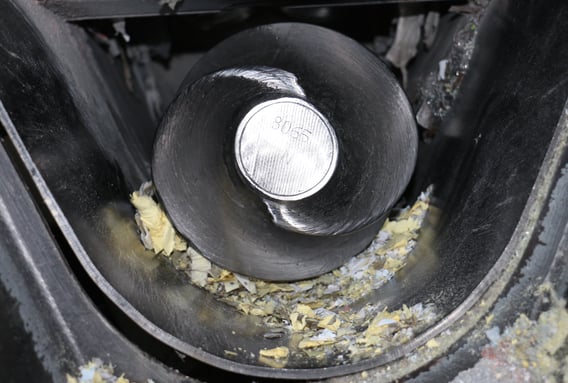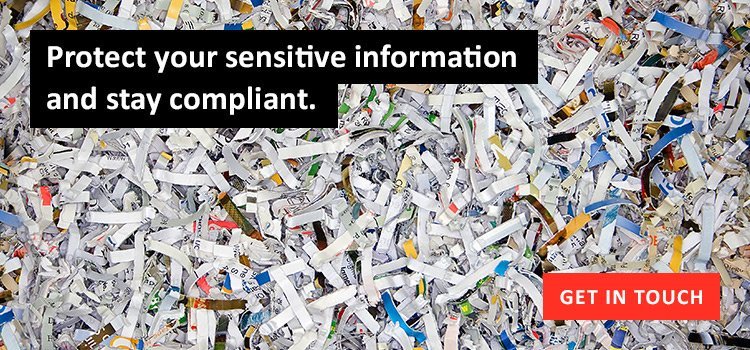Taxes Filed? Know What Documents to Keep and What to Shred
Tue, Apr 16, 2019
By: Steve Clopton

Filing taxes is an annual requirement and one that can occupy a lot of time for both individuals and businesses. Once your taxes are filed, you might want to relax and forget about them. But, you’ll need to consider what to do with the documents related to your taxes.
At Gilmore Services, clients often ask us about document shredding after they file their taxes. They want to know which documents they need to keep and which they can shred.
That’s important information to have. Here’s what you need to know.
Keep Your Tax Returns
The tax returns you file, whether they’re for your personal income taxes, investment income, business taxes, or payroll taxes, must be kept indefinitely.
You may have heard that you only need to keep a few years’ worth of tax returns, but keeping these records is always a good idea. You’re unlikely to be audited after several years have passed but you may need them for other purposes.
Keep Supporting Documentation for the Specified Time
Any documents that support your tax return should be kept until they are no longer needed. These are the items that you need to maintain at least temporarily:
- Bank statements (3 years)
- Canceled checks (minimum 7 years, permanently for important transactions)
- Depreciation schedules (permanently)
- Payroll vouchers (7 years)
- Receipts for deductions (3 years)
You can find a full list of document retention recommendations here.
Internal Revenue Service Exceptions
You should keep your tax returns indefinitely. For the supporting documentation, the IRS recommends keeping all supporting documents for either:
- 3 years from the date you filed your original return; or
- 2 years from the date you paid the tax.
You should choose the later of those two dates. However, they specify the following exceptions:
- You should keep records for 7 years if you file a claim due to a loss from worthless securities or bad debt
- You should keep records for 6 years if you do not report income that should be reported that amounts to more than 25% of the gross income shown on your filed return.
- You should keep records indefinitely if you do not file a return or if you file a fraudulent return.
- Employment tax records must be maintained for at least 4 years after the date that the tax is due or is paid, whichever is later.
If you have records that meet any of the above specifications, make sure to retain them in accordance with IRS regulations.
Which Documents Can You Shred?
Now, let’s review the documents that you may want to shred after your taxes are filed. Here they are:
- Bank statements and reconciliations more than 3 years old
- Canceled checks (except important checks) more than 7 years old
- Payroll vouchers more than 7 years old
- Supporting documentation for returns more than 3 years old (provided they do not meet any of the IRS exceptions we’ve listed above)
Some people keep everything and over time, it can get to be too much. Keep in mind that you can also shred:
- Old utility bills (unless you have taken a related deduction in the past three years)
- Old receipts unrelated to your tax return
- Unnecessary copies of important documents, such as extra copies of your mortgage or loan documents
- Expired insurance policies and schedules
It may be helpful to review the documents you have on hand and shred anything that you don’t need.
Conclusion
Document shredding is an important step for both individuals and businesses. Tax time offers an opportunity to review your documents and shred those that you no longer need.
To learn how Gilmore Services can help you with document shredding, please click here now.
